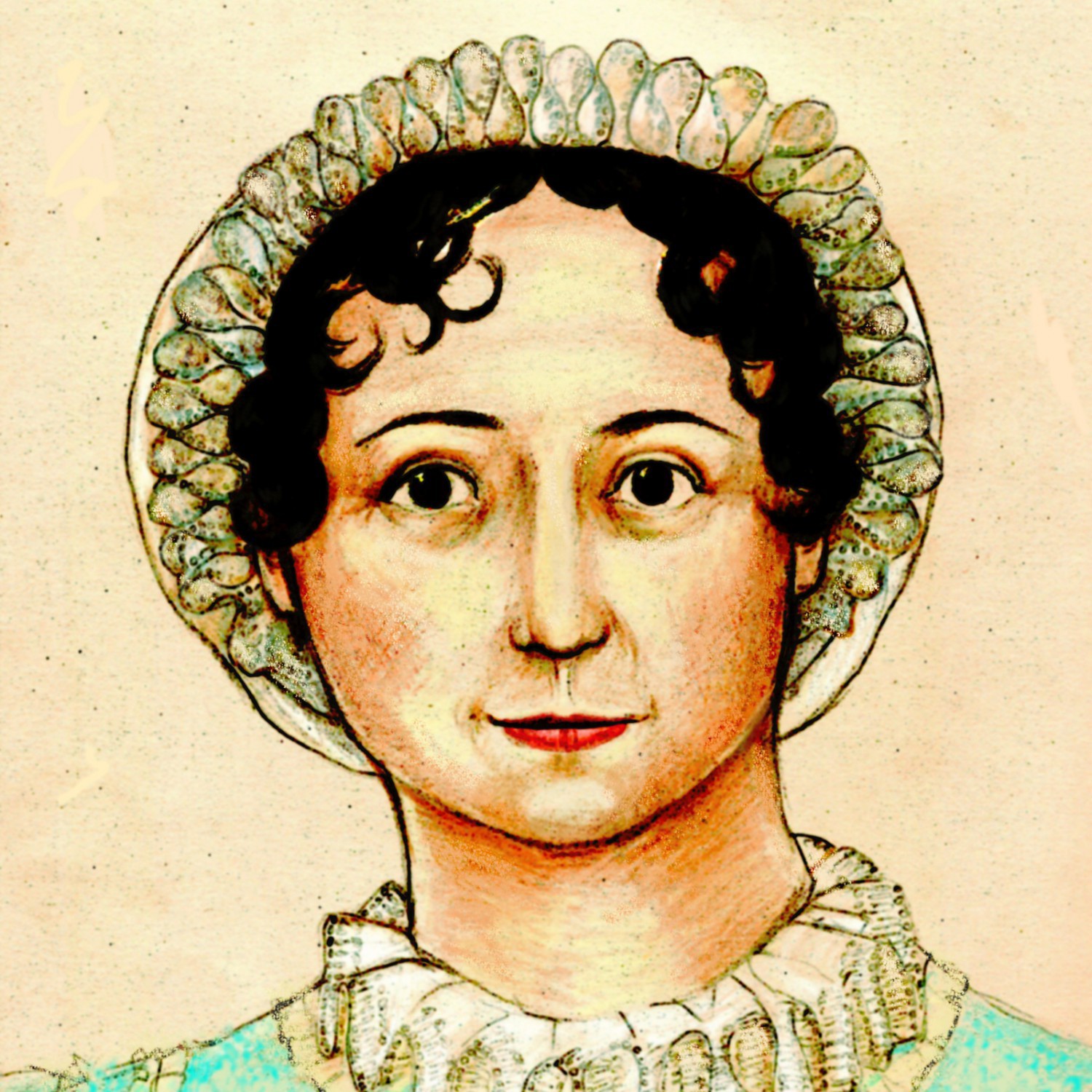Michaelmas came; and now Anne’s heart must be in Kellynch again. A beloved home made over to others; all the precious rooms and furniture, groves, and prospects, beginning to own other eyes and other limbs! She could not think of much else on the 29th of September; and she had this sympathetic touch in the evening from Mary, who, on having occasion to note down the day of the month, exclaimed, “Dear me, is not this the day the Crofts were to come to Kellynch? I am glad I did not think of it before. How low it makes me!”
The Crofts took possession with true naval alertness, and were to be visited. Mary deplored the necessity for herself. “Nobody knew how much she should suffer. She should put it off as long as she could;” but was not easy till she had talked Charles into driving her over on an early day, and was in a very animated, comfortable state of imaginary agitation, when she came back. Anne had very sincerely rejoiced in there being no means of her going. She wished, however to see the Crofts, and was glad to be within when the visit was returned. They came: the master of the house was not at home, but the two sisters were together; and as it chanced that Mrs. Croft fell to the share of Anne, while the Admiral sat by Mary, and made himself very agreeable by his good-humoured notice of her little boys, she was well able to watch for a likeness, and if it failed her in the features, to catch it in the voice, or in the turn of sentiment and expression.
Mrs. Croft, though neither tall nor fat, had a squareness, uprightness, and vigour of form, which gave importance to her person. She had bright dark eyes, good teeth, and altogether an agreeable face; though her reddened and weather-beaten complexion, the consequence of her having been almost as much at sea as her husband, made her seem to have lived some years longer in the world than her real eight-and-thirty. Her manners were open, easy, and decided, like one who had no distrust of herself, and no doubts of what to do; without any approach to coarseness, however, or any want of good humour. Anne gave her credit, indeed, for feelings of great consideration towards herself, in all that related to Kellynch, and it pleased her: especially, as she had satisfied herself in the very first half minute, in the instant even of introduction, that there was not the smallest symptom of any knowledge or suspicion on Mrs. Croft’s side, to give a bias of any sort. She was quite easy on that head, and consequently full of strength and courage, till for a moment electrified by Mrs. Croft’s suddenly saying,–
“It was you, and not your sister, I find, that my brother had the pleasure of being acquainted with, when he was in this country.”
Anne hoped she had outlived the age of blushing; but the age of emotion she certainly had not.
“Perhaps you may not have heard that he is married?” added Mrs. Croft.
She could now answer as she ought; and was happy to feel, when Mrs. Croft’s next words explained it to be Mr. Wentworth of whom she spoke, that she had said nothing which might not do for either brother. She immediately felt how reasonable it was, that Mrs. Croft should be thinking and speaking of Edward, and not of Frederick; and with shame at her own forgetfulness applied herself to the knowledge of their former neighbour’s present state with proper interest.
The rest was all tranquillity; till, just as they were moving, she heard the Admiral say to Mary–
“We are expecting a brother of Mrs. Croft’s here soon; I dare say you know him by name.”
He was cut short by the eager attacks of the little boys, clinging to him like an old friend, and declaring he should not go; and being too much engrossed by proposals of carrying them away in his coat pockets, &c., to have another moment for finishing or recollecting what he had begun, Anne was left to persuade herself, as well as she could, that the same brother must still be in question. She could not, however, reach such a degree of certainty, as not to be anxious to hear whether anything had been said on the subject at the other house, where the Crofts had previously been calling.
We love the great older married couples in Austen’s work: the Crofts, the Gardiners, the Westons. There is a perception that there are a lot of dysfunctional couples in Austen’s work (and there are), but the great ones make up for so much.*
Here endeth the lesson. Happy Michaelmas to all!


 This week’s reading is taken from
This week’s reading is taken from 
